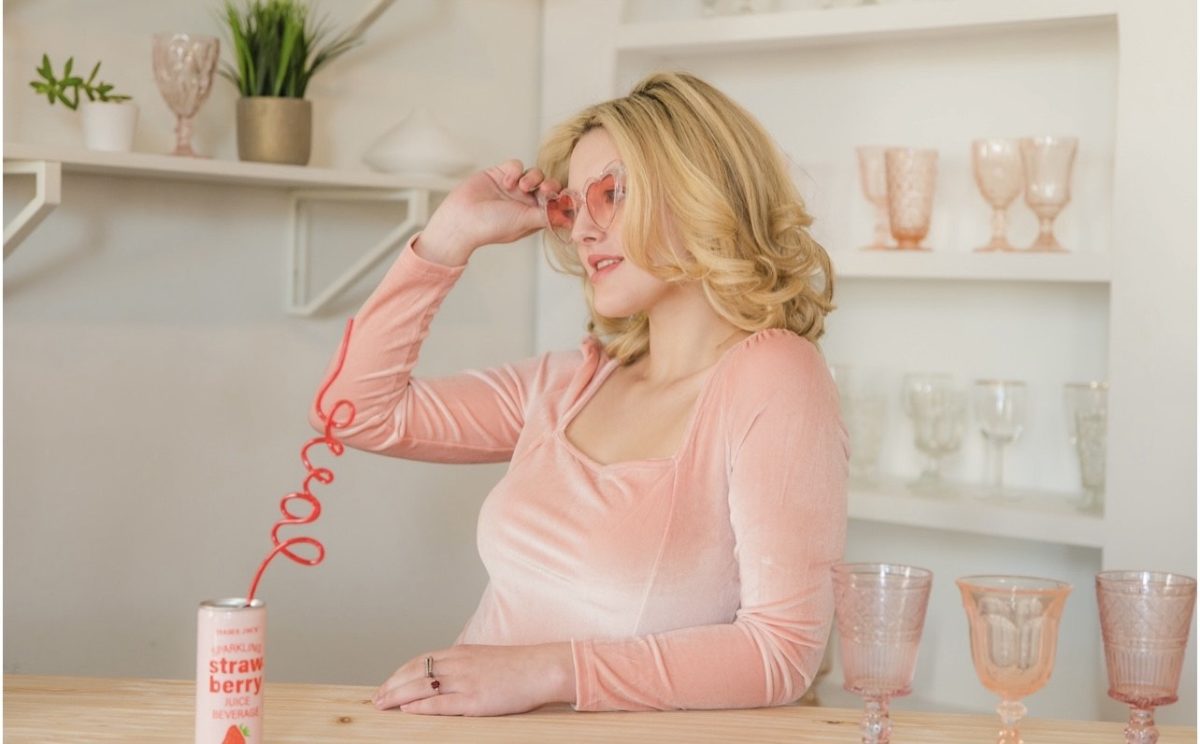Throughout their battle against sexism, women have made great leaps in overcoming oppression against themselves. One battle remains firmly intact however and is partially because women are waging this war on themselves.
“The Beauty Myth” was first coined by Naomi Wolf in her 1991 novel to put to terms the pressure women feel to look “beautiful.” Wolf defines the myth stating that women must want to embody beauty and men must want to possess women who embody it.
The beauty myth has negatively affected women of all ages for centuries. Girls are presented at a young age with a standard image of what beauty is. Women who fit the conventional idea of beauty are seen as happier and more outgoing people with overall positive traits. According to Dr. Daniel Hamermesh, “attractive” women earn on average $230,000 more in their lifetime. While men measure self worth in their abilities, women feel that their most valuable asset is their physical beauty. Because of this, they often focus less on their achievements and more on their body image.
Wolf believes the Beauty Myth was created by men to control women. By receiving more recognition for their looks rather than their accomplishments, women are less motivated to better themselves mentally than physically. Although men often feel the need to look a certain way as well, the pressure is not as heavy and methods not as drastic. Because of the beauty myth, society has become desensitized to eating disorders and plastic surgery. Although societies image of beauty is constantly altering through changes in trends, the beauty myth stays relevant. The myth does not care what women look like, as long as they feel ugly.
When Wolf originally published the novel, feminist movements rose out of what was seen as a horrific oppression on women. Women encouraged others to stop wearing makeup, embrace sweatpants and grow out their underarm hair. Although they have good intentions, feminists who insist women should bare their faces 24/7 are often as oppressive as misogynistic men.
The real issue here is that women should be able to make their own decision about how they wish to look without feeling heavy societal pressures. Women should never feel the need to don makeup before exiting their house, and likewise, women should not feel guilty for wearing lipstick. The problem is not one of whether girls should shave or grow their hair out, get their nails done or keep them chipped, wear eyeliner or not; the problem is women should have a choice. By criticizing female peers for wearing a lot of makeup or gossiping over the lack of effort they put in their clothing, girls have become as bad as the men who established the beauty myth.
Different people find different body images attractive, so the idea of an ingrained image of attractiveness is ludicrous. Women should never be judges on their looks, period. Whether one is calling a girl fat or too skinny, the comments can not only have a negative effect on one’s self esteem, but also, once again, place unnecessary importance on a girl’s physical appearance.
The beauty myth does not care what women look like, as long as they feel ugly. The only way women can overcome the established definition of beauty is for them to unite with a similar goal to end restrictive gender images. All women must feel beautiful again, regardless of their physical appearance. As Wolf put it, “She wins who calls herself beautiful and challenges the world to change to truly see her.”











